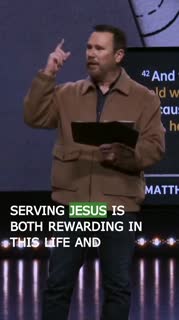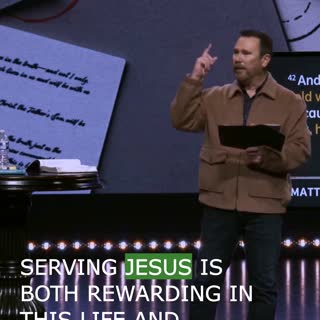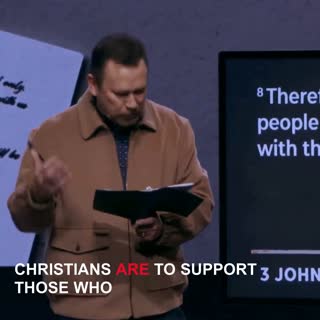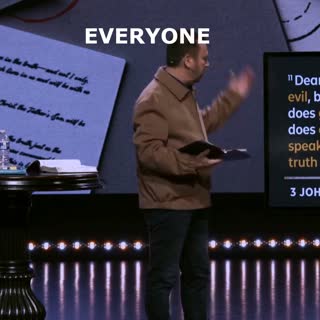In today's gathering, we explored the profound messages found in the brief yet impactful letters of 2 John and 3 John. These letters, though short, are rich with teachings about truth, love, and the way we are called to live as followers of Christ. As we prepare for the Thanksgiving and Christmas seasons, it's a time to reflect on these teachings and how they apply to our lives.
2 John emphasizes the importance of truth and love, warning against false teachings and encouraging believers to walk in truth. The letter is addressed to a woman, metaphorically representing the church, and highlights the balance between truth and love. Truth is not relative; it is God's absolute standard, and it shapes our worldview and ethics. We are reminded that love is a command, not just a feeling, and it must be rooted in truth.
3 John shifts focus to the internal dynamics of the church, commending those who support true teachers and warning against those who seek to divide. The letter praises Gaius for his faithfulness and generosity, contrasting him with Diotrephes, who is criticized for his pride and divisiveness. This serves as a reminder of the legacy we leave behind and the importance of supporting the truth.
As we gather with family and friends during the holidays, let us strive to have gospel conversations, focusing on common ground rather than conflict. We are called to be different, to be kind and forgiving, and to support those who advance the truth. Our unity is based on Jesus, and we must guard it against the enemy of truth.
In light of these teachings, we are encouraged to live with an eternal perspective, working for rewards that honor God. Our actions today have eternal significance, and we are called to live in a way that reflects the truth and love of Christ.
Key Takeaways
- 1. The Authority of Truth: Truth is God's absolute standard, not a relative concept. It shapes our worldview and guides our decisions. By grounding ourselves in God's truth, we are protected from being swayed by emotions or false teachings. This truth is found in God's Word, which provides guidance on all aspects of life. [43:13]
- 2. Balancing Truth and Love: Love is more than a feeling; it is a command rooted in truth. We must strive for a balance between truth and love, avoiding extremes that lead to unloving truthfulness or untruthful love. This balance allows us to have compassionate yet uncompromising relationships. [45:14]
- 3. Guarding Against Deception: Not all who claim to be Christians adhere to the truth of Christ. We must discern between truth and error, avoiding teachings that deny Jesus as God in the flesh. Supporting organizations that align with biblical truth is crucial in maintaining our faithfulness. [49:12]
- 4. Living for Eternal Rewards: Our actions have eternal significance, and we are called to live with an eternal perspective. Serving Jesus is rewarding both in this life and the next. We must strive to finish well, motivated by the promise of rewards from God. [53:00]
- 5. Leaving a Legacy of Truth: Our legacy is defined by how we live and the impact we have on others. We are called to be generous like Gaius, avoiding the pride and divisiveness of Diotrephes. By living in truth and love, we leave a lasting impact that honors God. [01:07:23]
** [67:23]
Youtube Chapters
- [00:00] - Welcome
- [37:43] - Introduction to 2 and 3 John
- [38:55] - The Authority of Truth
- [40:45] - Metaphorical Language in 2 John
- [43:13] - Understanding God's Absolute Truth
- [45:14] - Balancing Truth and Love
- [46:20] - Navigating Thanksgiving Conversations
- [47:54] - Guarding Against Deception
- [49:12] - Identifying Counterfeit Christianity
- [50:17] - Antichrist and Discernment
- [51:38] - Living for Eternal Rewards
- [53:00] - Motivation to Finish Well
- [54:13] - Shepherding and Serving
- [55:08] - Preaching to Please God
- [58:14] - Generosity and Supporting Truth
- [67:23] - Leaving a Legacy of Truth














